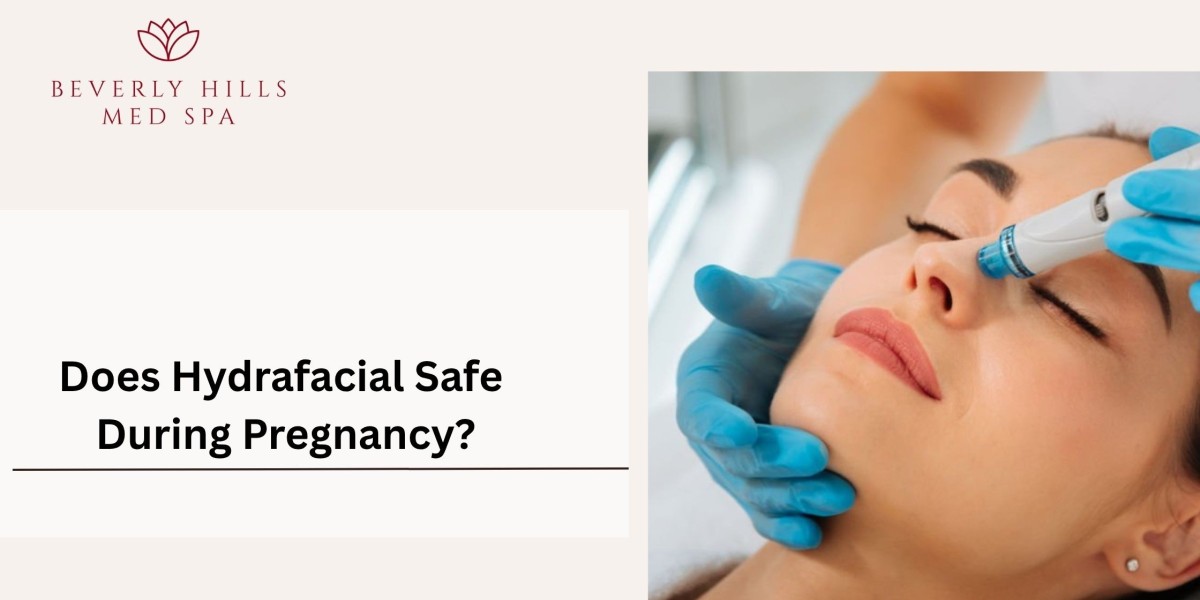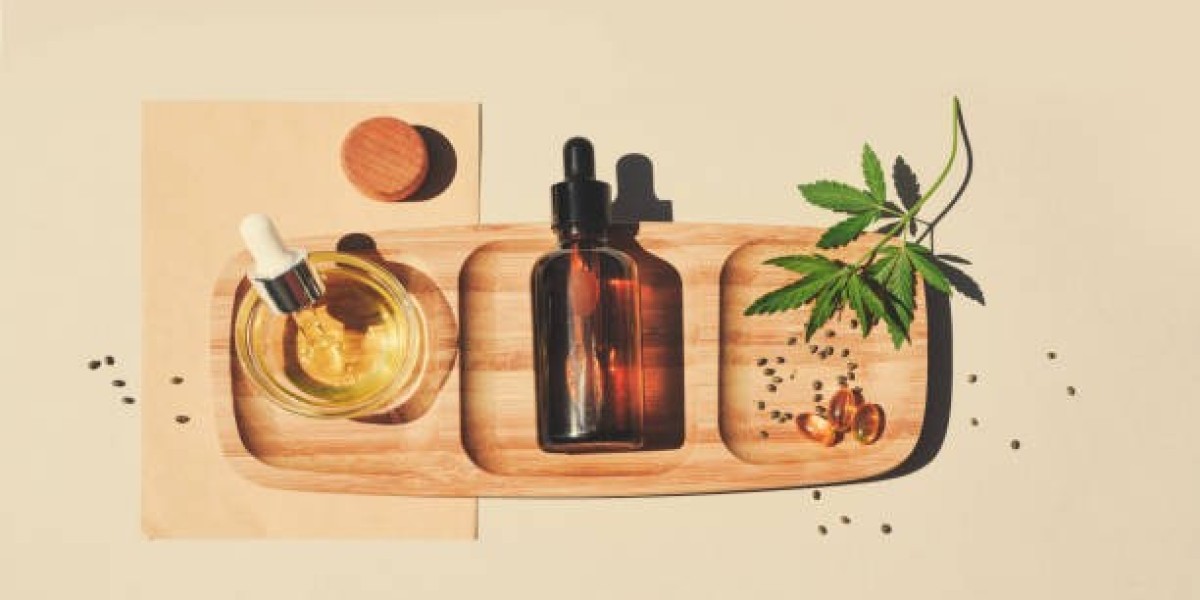Pregnancy brings a whirlwind of changes—not only to your lifestyle but also to your skin. Many expecting mothers find themselves dealing with hormonal breakouts, dryness, increased sensitivity, and even melasma. So it's no surprise that skincare routines are re-evaluated during this delicate phase. Among the popular facial treatments, the Hydrafacial has gained major attention for being gentle, customizable, and highly effective. But the question remains: Is a Hydrafacial safe during pregnancy? Let's explore the facts to help you make the safest, most informed decision for your skin and baby.
What is a Hydrafacial?
Before we delve into the safety concerns, let's first understand what a Hydrafacial entails. A Hydrafacial is a non-invasive, multi-step facial treatment designed to cleanse, exfoliate, extract impurities, and deeply hydrate the skin using a specialised device. The process includes:
Cleansing and Exfoliation – Removes dead skin cells and excess oil.
Gentle Acid Peel – Loosens dirt and debris from pores.
Extraction – A painless suction clears out the pores.
Hydration and Antioxidants – Serums rich in peptides and hydrating ingredients are infused into the skin to provide nourishment and protection.
It's popular because it requires no downtime, is suitable for most skin types, and leaves the skin looking instantly refreshed. Naturally, many people wonder if getting a hydrafacial while pregnant is safe, considering how gentle the procedure is.
When and How Often Can You Get a Hydrafacial During Pregnancy?
Many moms-to-be wonder not just if a Hydrafacial is safe, but when it's best to get one during pregnancy—and how often.
Best Time to Schedule:
While Hydrafacials are generally safe with pregnancy-friendly modifications, most providers recommend starting treatments after the first trimester. The second and third trimesters are typically more stable, and your skin concerns become clearer around this time (such as increased dryness, pigmentation, or breakouts).
How Often is Safe?
Because Hydrafacials are non-invasive and customizable, many women safely enjoy them once every 4–6 weeks during pregnancy. This allows for consistent care without overloading sensitive skin.
Listen to Your Skin (and Body):
If you're feeling fatigued or sensitive, wait until you're comfortable.
Always communicate changes in your pregnancy or skin condition with your provider.
Let your esthetician know if you're experiencing discomfort during treatment—your session should always feel relaxing and soothing.
In short, regular Hydrafacials can be part of your self-care routine during pregnancy—as long as the approach is gentle, approved by your provider, and adjusted for your body’s changing needs.
Skin Changes During Pregnancy
During pregnancy, the body undergoes numerous hormonal changes that often impact the skin. Some of the most common issues include:
Hormonal acne is due to increased oil production
Dryness and dullness from fluctuating hydration levels
Melasma (also known as the "mask of pregnancy"), which causes dark patches on the skin
Increased skin sensitivity, making it harder to tolerate regular skincare products or treatments
These changes often prompt expectant mothers to look for professional solutions that are both effective and pregnancy-safe. That's where treatments like the Hydrafacial enter the conversation.
Should You Get a Hydrafacial While Pregnant? A Few Final Tips
Whether you decide to try a Hydrafacial during pregnancy or prefer to wait, it’s all about doing what feels right for you and your skin. If you’re considering booking a session, here are a few helpful tips to keep in mind:
Let your provider know you're pregnant so they can adjust the treatment and avoid any ingredients that aren't recommended during this time.
Choose a trusted spa or med spa that offers pregnancy-safe facials and understands how to customize the experience for your comfort and safety.
Pay attention to how your skin feels. Pregnancy can make your skin more sensitive than usual, so speak up during the treatment if anything feels too intense.
Stay hydrated and moisturized—both before and after your facial—to support that healthy pregnancy glow.
Remember, self-care during pregnancy —it’s part of feeling your best. With the right approach, a Hydrafacial can be a safe and soothing way to treat your skin as it changes.
Conclusion:
So, is a Hydrafacial safe during pregnancy? Yes—with proper precautions and expert supervision. While not every component of the traditional Hydrafacial may be suitable, the treatment can be easily customised to accommodate your pregnancy. Avoiding certain acids and boosters, working with experienced skincare professionals, and prioritising gentle hydration can help you safely maintain that healthy glow.
At Beverly Hills Med Spa, our experienced team understands the special skincare needs of expecting mothers. We customise each Hydrafacial to ensure it's safe, soothing, and effective, without compromising your well-being. If you're exploring hydrafacial while pregnant or want to know what's best for your changing skin, we're here to help every step of the way.








